Understanding sugar’s connection to heart disease

For decades, research singled out saturated fat and cholesterol as the prime dietary villains in heart disease. Following a report that the sugar industry quietly funded much of that research, sugar has found itself in the spotlight.
Advertisement
Cleveland Clinic is a non-profit academic medical center. Advertising on our site helps support our mission. We do not endorse non-Cleveland Clinic products or services. Policy
“Sugar has deleterious effects on the heart, and it’s important to be aware of them,” says preventive cardiologist Haitham Ahmed, MD. “It has a negative impact on your lipids, your weight and your risk of diabetes. And it provides calories with no nutritional benefits.”
Here’s a breakdown of sugar’s impact on lipids, the substances in your blood that contribute to heart disease:
Sugar’s impact extends beyond the bloodstream. When you eat sugar, your blood glucose levels quickly rise. This causes an immediate spike in insulin, the fat storage hormone. The more sugar you eat, the more insulin you secrete, and the more fat you build up.
“When you have more fat, you become more resistant to insulin. So you secrete more insulin, which leads to more fat storage,” Dr. Ahmed says. “This vicious cycle results in prediabetes and diabetes, weight gain, and metabolic syndrome.”
Advertisement
Over the past 20 years in developed and developing countries, weight has gone up, along with the incidence of obesity and diabetes.
“In the 90s, the bottom layer of the food pyramid was all cereals, bread and pastas. Those were the foods we were supposed to eat more of — and collectively, as a society, we gained a tremendous amount of weight,” Dr. Ahmed says.
Because low-fat foods were supposed to be heart-healthier, manufacturers added sugars such as high-fructose corn syrup to make their products more appealing.
In 2015, recognizing that sugar has become a problem, the U.S. Food and Drug Administration revised its dietary guidelines. Now, it says added sugars should make up no more than 10 percent of our total calories. And at least half of our complex carbohydrates should come from whole grains.
The sugar in fresh fruit is packaged with beneficial fiber, vitamins and minerals. Many large studies, including a 2016 study of 500,000 Chinese adults, show that fresh fruit consumption lowers blood sugar, and the risk of death from heart disease and stroke.
“A half-cup of orange juice and an orange may each have 20 grams of carbohydrate,” Dr. Ahmed says. “The juice is absorbed right away, spiking your blood sugar so that your pancreas wants to rapidly secrete insulin. But the fibers in the orange delay its absorption, so your blood sugar doesn’t spike as much.”
Foods with a low glycemic index — like fresh fruits and veggies, and whole grains — help to stabilize blood sugar. Foods with a high glycemic index — like punch, pizza, potatoes and pancakes — spike blood sugar, inviting insulin resistance and weight gain.
Dietary studies have produced conflicting data. But one diet has proven over and over again — in large scale, high-quality, randomized, controlled trials — to significantly lower the risk of heart disease and to help people live longer with less dementia.
That’s the Mediterranean diet.
Focusing on healthier fat sources like fish, nuts and olive oil, the diet is heavy on veggies, beans and legumes, favors white meat over red, and includes low-fat dairy. And, needless to say, sugary desserts are scarce.
“It’s not really a diet, it’s more a style of eating,” Dr. Ahmed says. “It’s easy, anyone can do it, and you’re not starving yourself or limiting calories. So it’s sustainable. And it’s filled with stuff we all love to eat.”
All the data show that crash diets can be effective in the short term. But people quickly regain those lost pounds and, over time, put on even more weight, he says — none of which is good for your heart.
If sugar can harm your heart, are artificial sweeteners the answer for a sweet tooth?
Advertisement
“I’m not a fan of artificial sweeteners. Lots of studies show that diet beverages don’t help people lose weight,” Dr. Ahmed says. “And drinking more than two artificially sweetened beverages a day may increase your risk of heart disease.”
Researchers have a few theories about this, he explains:
“Neither artificial sweeteners nor sugar are a good idea for most people,” Dr. Ahmed says. “If you want to quench your thirst, it’s best to drink unsweetened seltzer or water. The only time an artificially sweetened beverage is better is when you have diabetes and have to prevent blood sugar spikes.”
Advertisement
Learn more about our editorial process.
Advertisement
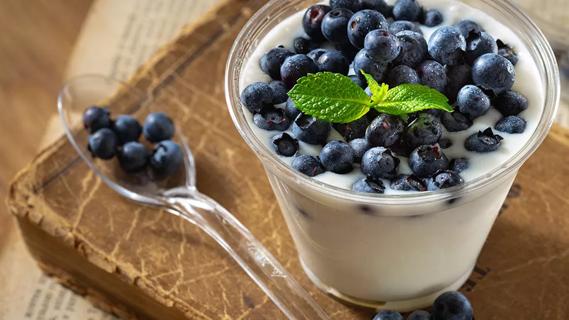
Snacking can bring benefits with healthy food choices and planning
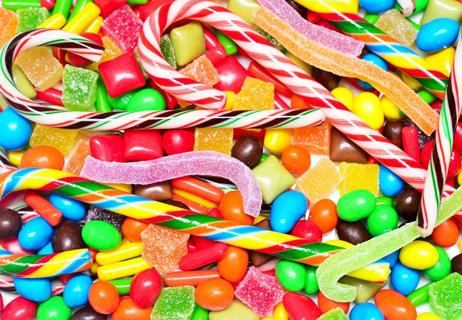
Stress, lack of sleep and not eating enough all contribute to sugar hankerings
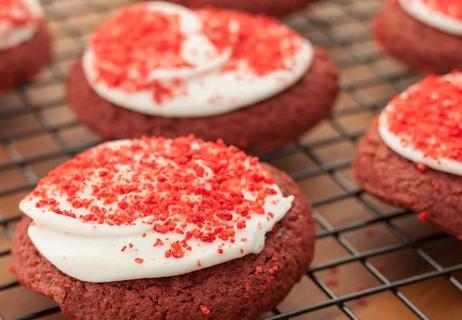
The color additive found in many pre-packaged foods may affect those with ADHD or allergies

These foods sabotage weight loss and rob you of rest
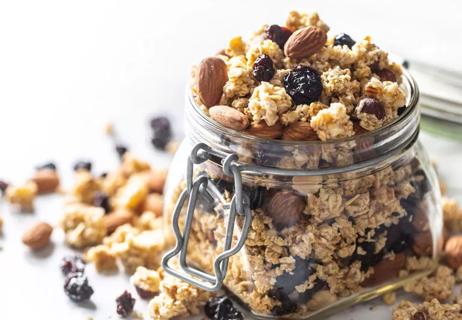
What you eat between meals matters

A convenient and nutrient-rich snack
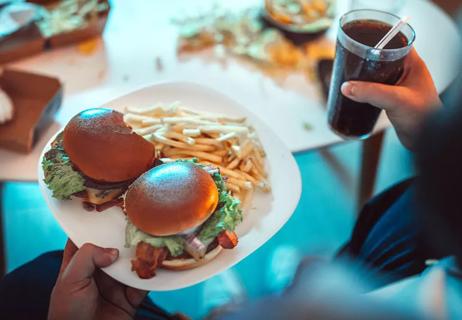
Practical tips for curbing cravings and smart swaps

Type 2 diabetes isn’t inevitable with these dietary changes

Applying a hot or cold compress can help with pain